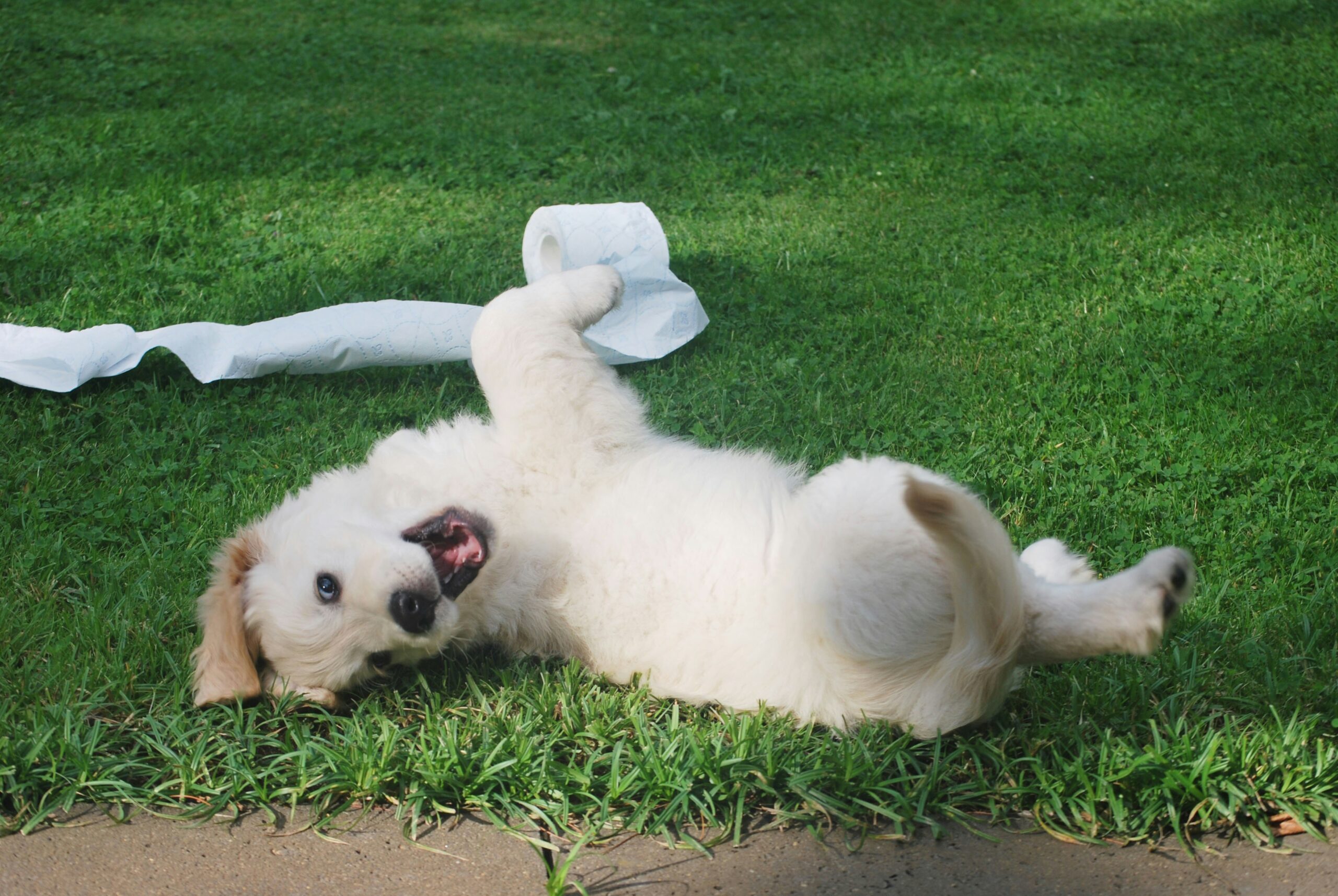Puppy Training in Charlotte, NC: A Guide to Raising a Well-Behaved Dog
Bringing home a new puppy is an exciting time, but it also comes with its fair share of challenges. One of the most important aspects of puppy ownership is training. Proper training not only helps your puppy become a well-behaved member of your family, but it also ensures their safety and happiness. If you’re located in Charlotte, NC, you’re in luck! There are plenty of resources available for Puppy Training Charlotte NC in the area.
Why is Puppy Training Important?
Puppy training is crucial for several reasons. First and foremost, it helps establish a strong bond between you and your furry friend. Training sessions provide an opportunity for you to communicate and understand each other better. Additionally, training teaches your puppy important skills and behaviors that will make them a well-rounded and obedient dog.
Training also helps prevent behavioral issues down the line. By addressing any unwanted behaviors early on, you can nip them in the bud before they become ingrained habits. This is especially important for puppies, as they are more receptive to learning and adapting to new behaviors.
Choosing the Right Puppy Training Program
When it comes to Puppy Training Charlotte NC, there are several options to choose from. Here are a few factors to consider when selecting a training program:
1. Training Methods:
Every trainer has their own unique approach to training. Some trainers use positive reinforcement techniques, while others may incorporate more traditional methods. It’s essential to find a training program that aligns with your own values and training philosophy.
2. Experience and Credentials:
Look for trainers who have experience working with puppies and a proven track record of success. Credentials such as certifications or memberships in professional organizations can also be a good indicator of a trainer’s expertise.
3. Reviews and Recommendations:
Do your research and read reviews or ask for recommendations from other dog owners in the Charlotte area. Hearing about other people’s experiences can give you valuable insights into the effectiveness of a particular training program.
4. Training Environment:
Consider the training environment that the program offers. Some trainers conduct one-on-one sessions, while others may have group classes. Think about what would work best for you and your puppy’s needs.
Puppy Training Resources in Charlotte, NC
Now that you know what to look for in a puppy training program, let’s explore some of the resources available in Charlotte, NC:
1. Charlotte Dog Training Club:
The Charlotte Dog Training Club is a non-profit organization that offers a variety of training classes for all ages and skill levels. They focus on positive reinforcement techniques and have experienced instructors who can help you and your puppy succeed.
2. Dog Training Camp USA:
Dog Training Camp USA provides comprehensive training programs for puppies and dogs of all ages. They offer group classes, private lessons, and even board-and-train options. Their trainers use positive reinforcement methods to ensure a positive and effective learning experience.
3. PetSmart Puppy Training:
PetSmart offers puppy training classes at their Charlotte locations. These classes cover essential obedience commands and help socialize your puppy with other dogs and people. Their trainers are knowledgeable and can provide guidance on common puppy behavior issues.
4. In-Home Private Training:
If you prefer one-on-one training in the comfort of your own home, there are several private trainers in Charlotte who offer in-home training sessions. These trainers can tailor the training program to your specific needs and address any behavior concerns you may have.
Tips for Training Your Puppy at Home
In addition to formal training classes, there are several things you can do at home to reinforce your puppy’s training:
1. Consistency is Key:
Establish a consistent routine and stick to it. Dogs thrive on routine, and it helps them understand what is expected of them.
2. Positive Reinforcement:
Use positive reinforcement techniques such as treats, praise, and rewards to encourage good behavior. This helps your puppy associate positive experiences with desired behaviors.
3. Patience and Persistence:
Training takes time and patience. Be persistent and consistent in your training efforts, and remember that every puppy learns at their own pace.
4. Socialization:
Expose your puppy to different people, animals, and environments to help them become well-socialized. This will make them more confident and comfortable in various situations.
Conclusion
Puppy training is an essential part of raising a well-behaved and happy dog. Whether you choose a formal training program or opt for at-home training, consistency, positive reinforcement, and patience are key. Take advantage of the resources available in Charlotte, NC, and enjoy the journey of training your new furry friend.

Leave a Reply